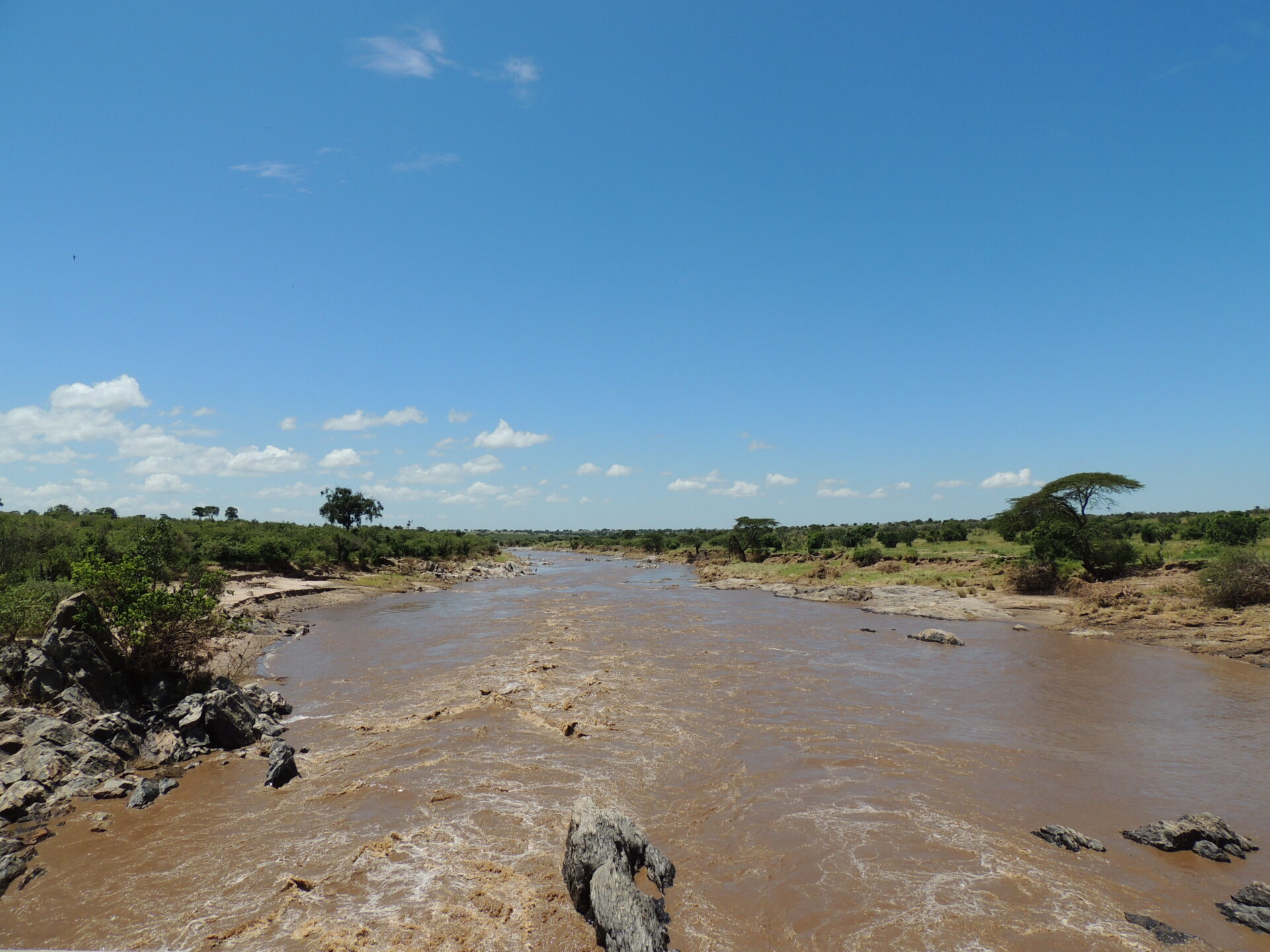
Behavioural adaptation for water security and inclusion (BASIN)
Water security is central to addressing the challenge of climate change. Water insecurity is a major pathway through which climate change impacts humanity. One in three Africans experience water scarcity, with women, children and other marginalised groups being disproportionately affected. Adaptation to water scarcity is fundamentally about behaviour change. While behavioural and psychological sciences have made important contributions in understanding behaviour change, current insights have limited application in Africa as they primarily draw from Western societies. This is a gap that the BASIN project seeks to bridge.
BASIN aims to draw insights from behavioural approaches to improve decision-making for more effective and equitable adaptation in policy and practice. Recognising that barriers and opportunities exist at multiple scales, the project will examine adaptation behaviours and practices from the individual level to the more systemic, organisational and political levels.
Project overview
BASIN aims to synthesise, assess and test the application potential of multi-level behavioural and psychological science perspectives for adaptation in Africa to enhance water security for the most vulnerable.
It is a transdisciplinary partnership that brings together four universities, three NGOs and a knowledge broker.
Our work includes testing insights into targeting weather and climate information to enable adaptation action. We are doing this through case studies where our NGO partners are addressing cases of critical climate–water challenges in Burkina Faso, Malawi and Tanzania, providing the basis for upscaling insights in the Sahel, Ethiopia and Zambia.
Through intensive engagement with stakeholders and policymakers, and tailored and targeted policy-oriented actions, BASIN is aiming to achieve:
- Improved decision-making to enable more effective and equitable adaptation in policy and practice, including by our NGO partners
- More inclusive water security in the face of climate change in our case countries and globally.
Case studies
BASIN will examine how institutional practices (re)produce inequality, and how more inclusive water security and equitable adaptation can be supported.
Burkina Faso, Malawi and Tanzania have been chosen as case study countries because they have experienced damaging major flood and drought events since the mid-2000s. While there remains high uncertainty about changes in mean rainfall, variability is projected to increase, with higher frequency and intensity of extremes.
Our project case studies will consider behavioural factors across individual and organisational levels in: strengthening resilience to climate extremes, including local flood adaptation and behaviour in marginalised communities. This will draw on concepts about how threats are perceived (including how they are communicated), and factors influencing behaviour, by taking into account whether available flood mitigation measures are effective and affordable to implement. This recognises that to understand behavioural responses established factors such as risk perception, income and gender need to be complemented by perceived effectiveness and costs of methods, alongside factors such as fatalism, denial and wishful thinking.
Photo Credit: Jade Zhao
Lead Organizations
CLARE Partners
Contacts
j.zhao16@lse.ac.uk https://www.lse.ac.uk/granthaminstitute/basin/
